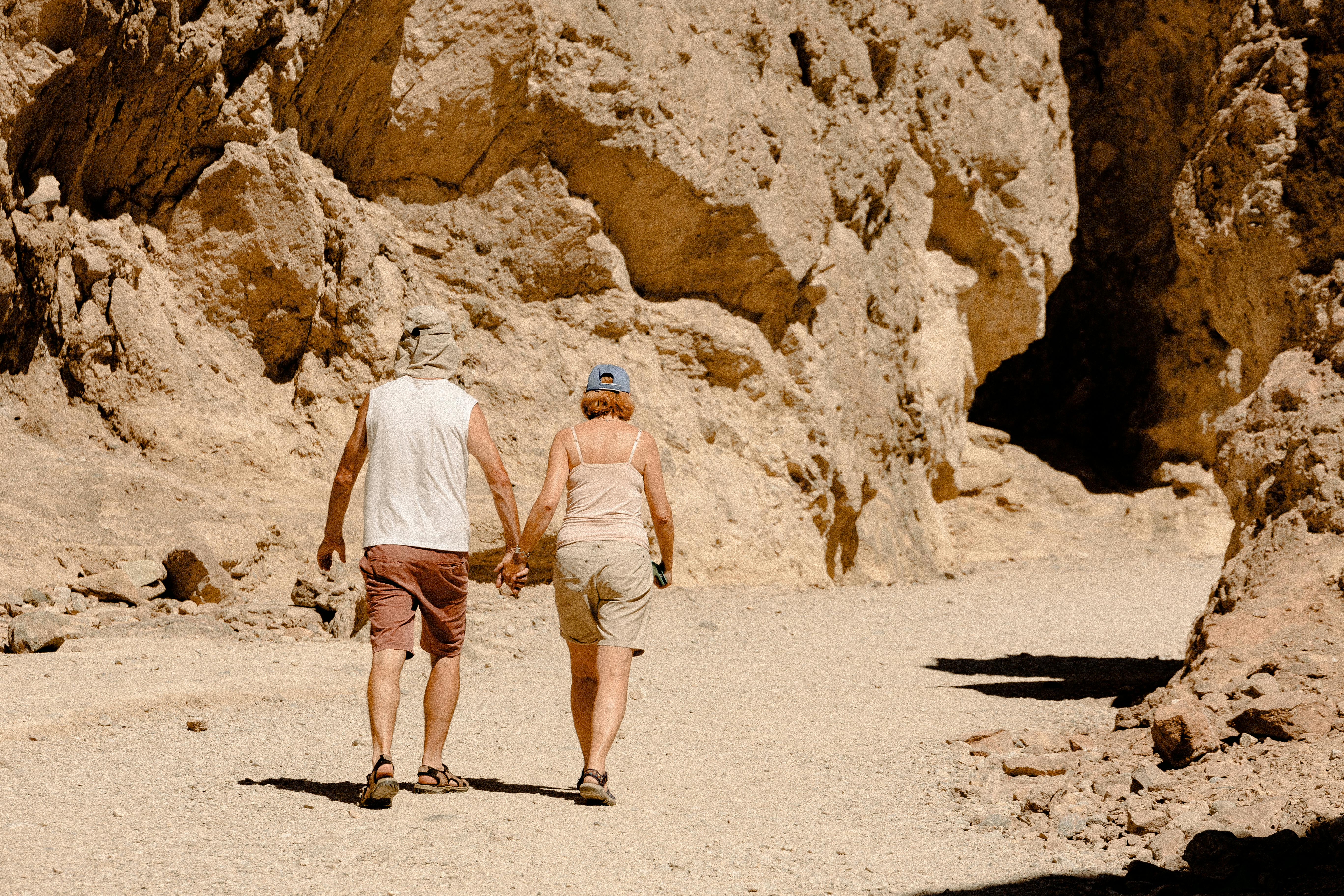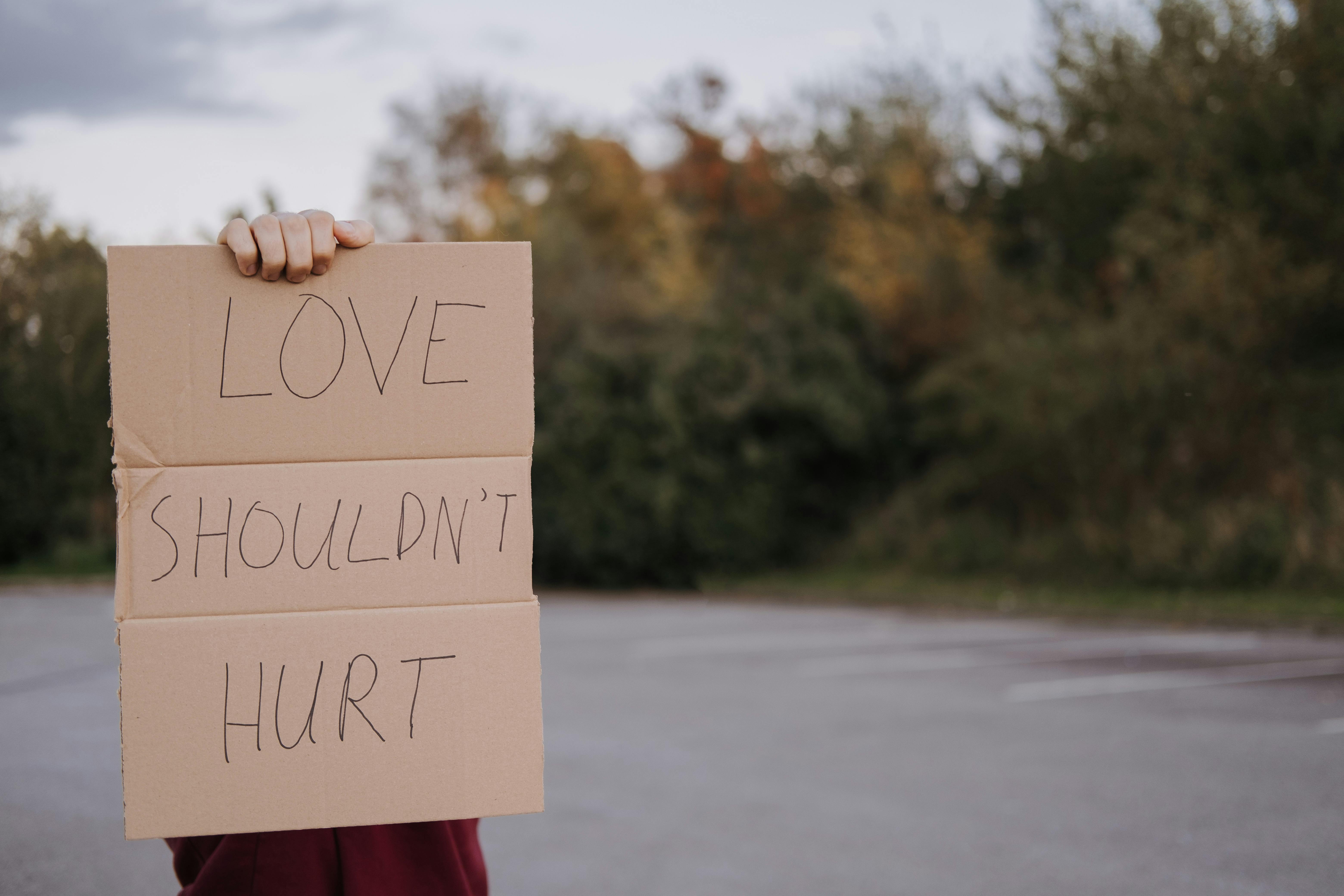A friend of mine asked a question to the community that I’m a part of that really caught my attention. “What is a ‘real’ mother?” she asked.
Seeing the word “royal” juxtaposed next to the word “mother” was very inspiring. What makes a mother a mother anyway? Some mothers conceive, carry and give birth to their children. Some mothers are unable to conceive, carry or give birth, but are 100% there once the child becomes theirs. Motherhood is very much a feminine quality. However, do you need to be a woman to be the mother of another being? When my 7 1/2 year old former feral gray male cat, Toss, licks and nurtures my other cats, is it really that much different than when one of the female cats licks and nurtures them? And when as a 4-month-old kitten, Scarlett, my Maine Coon cat, cared for and cuddled little 2-month-old Prayer, my chocolate Siamese cat, was there really any difference between Scarlett’s care and Prayer’s now-distant mother?
I found myself going into a place of deep reflection for several days, looking at my own experience of motherhood. You could say there are motherly qualities to the healing work I do: creating a safe space, being fully present with those I work with, forming a deep, committed, long-term bond where my energies are directed toward healing, growth and self-realization of those I work with, creating a sense of trust and intimacy so that I can truly see and appreciate another person from the soul level upwards… Aren’t these some of the qualities that I also I contribute my own child, although not within the limitations or boundaries of my professional role?
Did she have to have a child to be a “real” mother? Or was I always a “real” mother hoping to fully express myself with a child? And on some level, didn’t I always carry my son’s soul and spirit in my heart, long before I met his father, became pregnant, carried him in my womb, gave birth, and began my “official” journey with him in this world? ?
Asking the question “what is a ‘real’ mother?” evokes all kinds of questions, thoughts and reflections. Deep in my heart, I believe that motherhood is an innate ability. It’s both an innate human ability and an innate ability that I see in other animals as well. It is so deep and so primal that there is an archetypal energy of motherhood. It is a universal spiritual force that allows mothers of all kinds to feel a common bond. It is so deep that many animal mothers will do everything in their power for the life of their child. If her child is hurt, sick, or threatened, a mother’s deepest passion, power, and protective qualities will surge in and out of her.
The maternal capacity includes the feminine energy: to be receptive, to support and contain a growing organism, whether in the womb, in the arms, in the home or in the heart. Cultivating, nurturing, managing, nurturing (emotionally, physically, mentally, spiritually and deeply) are all part of a mother’s gift to her child.
Yet many people in our culture never experience these qualities of motherhood. Unfortunately, many mothers are wounded and therefore frozen, blocked, or failing to develop some of these primary maternal qualities. A mother may never have received true motherhood from her own mother…or from anyone. Therefore, she cannot fully witness, nurture, sustain, or care for her child. One can only give what he has experienced, and therefore knows how to give.
However, in other cultures, maternal qualities need not be obtained solely from the biological mother or the adoptive mother. In The Continuum Concept, author Jean Liedloff writes about the people of the Amazon rainforest, where a motherly energy and knowledge pervades all who live in the indigenous culture she visited. Even young children knew and were comfortable with the care and upbringing of babies, perhaps more so than many adults in our Western world! It was because there was a deep connection that was not broken in that culture…a deep connection to the organic development of life…a sense of the natural progression through which a baby develops.
So one would simply know how to hold a baby in one’s arms until the baby gave the signal to be put down. And you held the baby while he went about his daily activities, so the baby was always safe, supported and connected until he was ready not to be. And when the baby wanted to move forward and walk, there was the space to move forward and walk and the attentive gaze of those who knew how to balance space and safe present attention.
What an experience that maternal skills and qualities are available in men and women, boys and girls, children and adults, family and community! Is it any wonder that children raised in this environment felt a deep and unbroken connection to the continuum of life? Many qualities of “real” motherhood were internalized by everyone in that culture, and men, women, children, and adults ALL had the ability to carry the qualities of real motherhood to the next generation.
The sense of the universal mother is more deeply accepted and palpable in other non-Western cultures. I had lunch with a colleague of mine who was a foster parent of Sudanese children. She described how when her children went to meetings with other Sudanese, there was a wonderful way that the whole community watched the children. His safety would be assured, not even in question. There was a way that everyone had a sense of care and responsibility for each and every child, and not in the isolated, burdened and separate way that Westerners see parents, children and children in community.
Perhaps these non-Western cultures have a deeper sense of Gaia, the goddess of earth and earth energy. And with that sense of Gaia comes a connection and respect for other beings, human and non-human.
Am I being less of a “real” mother when I bring home and care for a new kitten than a human child? Is there really much difference in the skills, qualities, and essence that I bring to a wild animal that I wish to help be safe enough to get off the streets of life, and a human being that comes to me for shelter, safety, healing and acceptance?
Being a “real” mother is mainly about having an opening in the depth of the soul, so that children (and others) feel supported, loved, nurtured, respected for their uniqueness of being and their organic growth process. that unfolds comes from this depth of connection?
Many of us still yearn for this “real” motherhood experience as adults and throughout our lives. And many of us long to give the energy of motherhood abundantly and fluidly, just as we breathe in and out.
Being a mother and being a mother are essential and moving experiences at the very root of being human, of being a living organism that breathes. May we find ways to bring this primordial and essential energy to ourselves and our loved ones, so that we can develop deep roots and strong branches to reach out into the world and contribute to the evolution of life and love.



